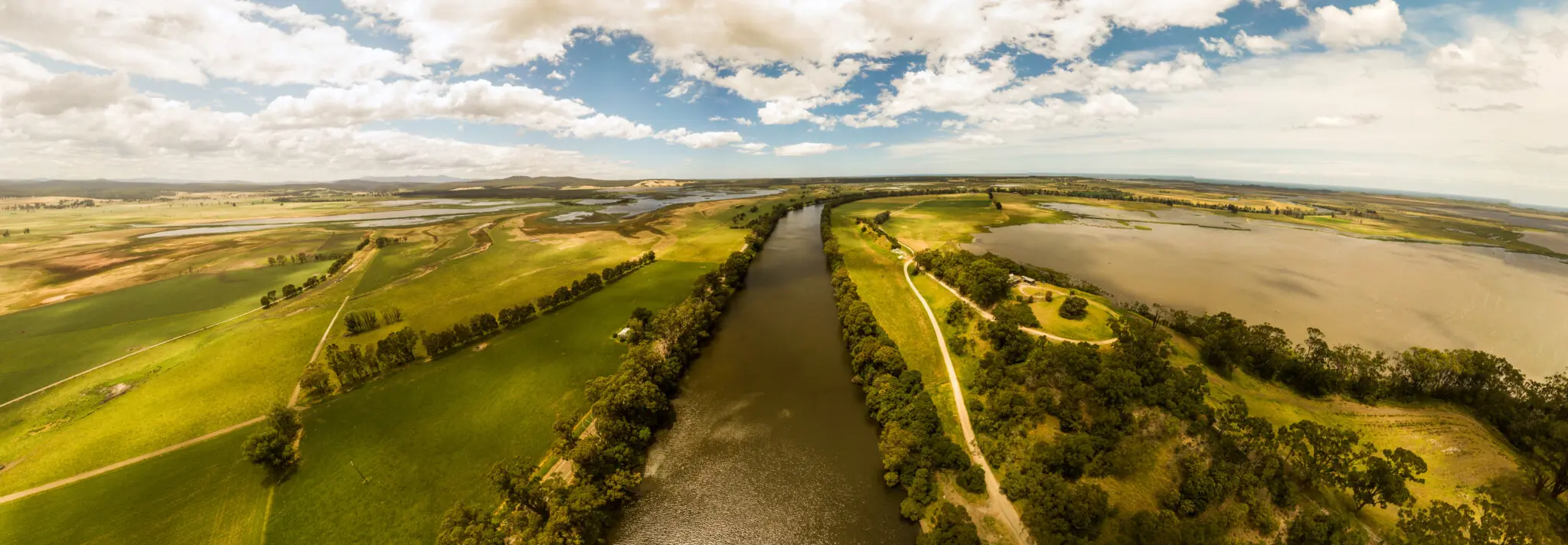What brings you to the Latrobe Valley?

In the first instance, my job brings me here to the Latrobe Valley. I knew little about the Valley beforehand. Yet, while working within this CRC TiME research project on Post Mining Land Use (PMLU), I have come to know the area and the post-mining transition being experienced by the place and its communities. I already had a sense of the great potential and urgency of our research, even without knowing the details about Gippsland or Latrobe Valley. Because even just green transition from carbon to post-carbon economy and society is crucial to address climate change and meet our sustainable development goals. I am excited to have the opportunity to contribute to this once-in-a-lifetime transition process through my research, which seeks to make local, national and global impacts.
Tell us about your research: what are you working on, who are you working with and how did you get involved?
I am a place-based social scientist focusing on citizen engagement, public policy and social and regional development. My current research is further enhancing my place-based approach, through a CRC TiME collaborative land use planning project that centres on Gippsland-Latrobe. I am part of the research team based out of FRRC, a centre of excellence at the Federation University Gippsland Campus in Churchill, and am working with Associate Professor Jessica Reeves of Federation University and Dr Tira Foran of CSIRO to deliver tangible research outcomes to the mining industry.
What do you think is the most pressing matter in mine closure and post-mine transitions in the Valley, nationally and internationally?
From a research perspective, post-mining transition is a multidisciplinary phenomenon. While there are substantial scientific and engineering aspects to support this transition, there are also significant social and policy aspects that need to be considered. As a social scientist, I think the most pressing social-policy matter in post-mining transition is the need to structure a transition process that is environmentally sustainable, economically viable, socially equitable and politically participatory.
Mine transition leaders from around the country are coming to the Valley for the Annual Forum. What would you like them to know about this area?
Latrobe Valley is a great place to live, work and have fun. However, there remain few economic opportunities in the region, with the decline of coal mining and coal-fired power stations, which have been the city’s traditional economic mainstays. Yet, with successful post-mining transition, the Valley can become an economic powerhouse once again, in the foreseeable future. Our research project is one among many such efforts to make this goal a reality.

